 |
| May 01, 2020 |
Dear Reader,
NASA has picked three companies to develop new lunar landers that will carry astronauts to the surface of the moon in 2024 and beyond. SpaceX, Blue Origin and Dynetics will design and build a landing system for the Artemis program, which aims to establish a long-term human presence on Earth's closest celestial neighbor. Another update from the space agency, observations from a new NASA satellite are giving scientists one of the most detailed looks yet at glaciers in Greenland and Antarctica. The findings are clearer than ever: both ice sheets are losing billions of tons of mass each year. The ice melt from Greenland and Antarctica combined has contributed more than a half-inch to global sea-level rise since 2003. Also in today's top news, an experimental drug called remdesivir, which could shorten recovery time from COVID-19, will become a standard treatment for the infection in the U.S. And, by the way, honey bees are battling their own global pandemic, for which they were woefully unprepared. |
| | Sunya Bhutta, Senior Editor, Audience Engagement
@sunyaaa | |
 |
| |
| |
| |
| |
| |
| |
| |
| |
| |
FROM THE STORE
 | | Unlocking Happiness Take control and retrain your brain to achieve a happier, healthier state of mind. In this eBook, we examine aspects of daily life that affect mood such as perception, social support and time management and offer approaches shown to boost contentment, including reframing negative events, increasing resilience through self-compassion and practicing mindfulness. |  | | |
| |
FROM THE ARCHIVE
 | | | |
| |
LATEST ISSUES
 |
| |
| Questions? Comments?  | |
| Download the Scientific American App |
| |
| |



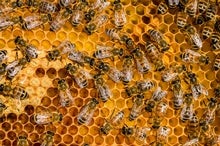
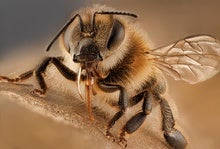
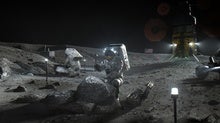
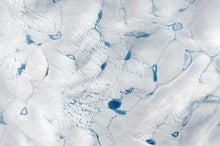



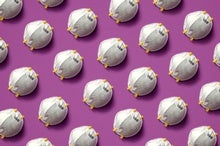











Comments
Post a Comment